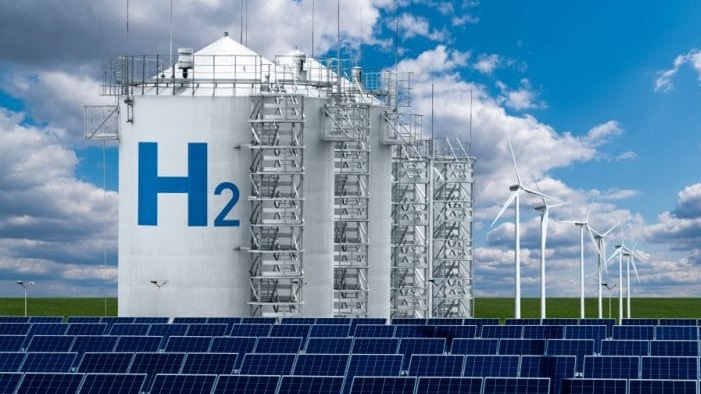With today’s announcement of a Phase 1 financing allocation from the Department of Energy, the Pacific Northwest is going to get started on the process of constructing a clean hydrogen economy. As part of the first phase of the project, the industry partners will contribute up to $125 million to match the $27.5 million award that will be given to the Pacific Northwest Hydrogen Association (PNWH2), which is a nonprofit organization that serves several states.
The Pacific Northwest National Laboratory, which is part of the Department of Energy, will function as an adviser to the PNWH2 by doing life-cycle analysis in order to forecast and understand the effect that the proposed hydrogen energy infrastructure will have on reducing emissions and assisting in community participation.
The public and commercial organizations that are represented in the PNWH2 Hub are collaborating with the respective leaders of the states of Washington, Oregon, and Montana in order to make use of the renewable energy sources in the area in order to generate clean hydrogen locally. The area might get up to one billion dollars in total financing from the Department of Energy (DOE), which would be augmented by billions more in cost sharing from business, in order to construct a clean hydrogen ecosystem if the project is successful.
They at PNNL join their colleagues at the Pacific Northwest Hydrogen Association in celebrating this important step forward and wish to acknowledge the dedication and hard work that went into reaching this milestone, said PNNL Director Steven Ashby. They are proud to be contributing to the celebration of this significant step forward, he added. In order to assist in the realization of a clean hydrogen ecosystem for the Pacific Northwest and around the world, we are looking forward to working together with our government and industrial partners.
Assessments of the economic, technical, and emission reduction potential of hydrogen production, integration with the electrical grid, and end users in the Hub are being carried out by scientists, engineers, and analysts working at the Pacific Northwest National Laboratory (PNNL). The purpose of the PNWH2 Hub is to create and commercialize cost-effective solutions for clean hydrogen power in order to satisfy the clean energy objective of the United States of America. Additionally, the Hub will make certain that at least forty percent of the benefits are distributed to underprivileged areas. A number of the most difficult-to-decarbonize technological domains, including public transportation (transit buses), agricultural goods (fertilizer), medium- and heavy-duty vehicles, and the electric power industry, will be addressed with the use of hydrogen.
In addition to providing assistance for the production, storage, distribution, and end-use of clean hydrogen, the PNWH2 Hub joins California as the first two hubs of a proposed nationwide network of clean hydrogen producers, consumers, and connective infrastructure.





































